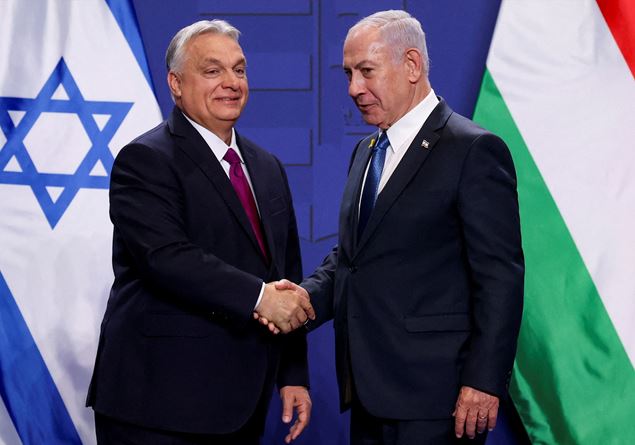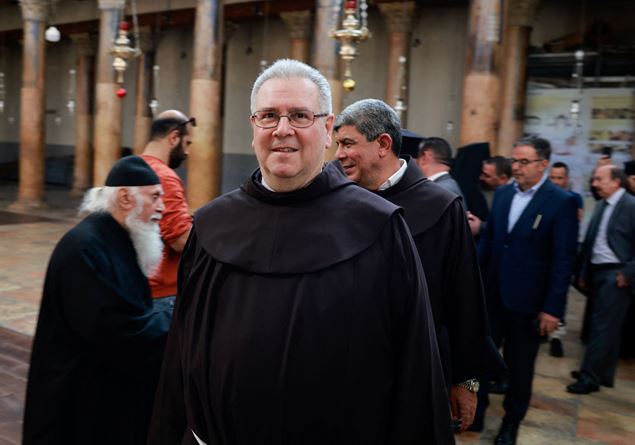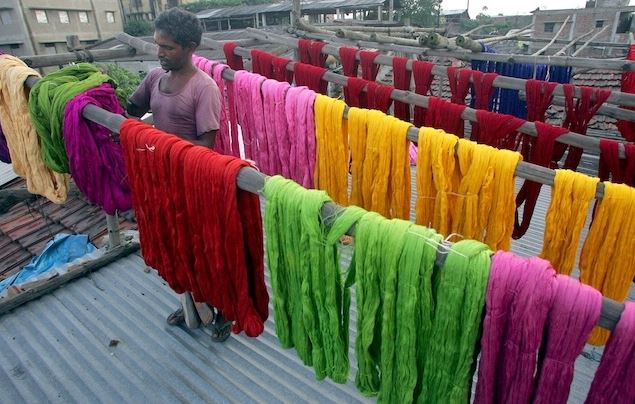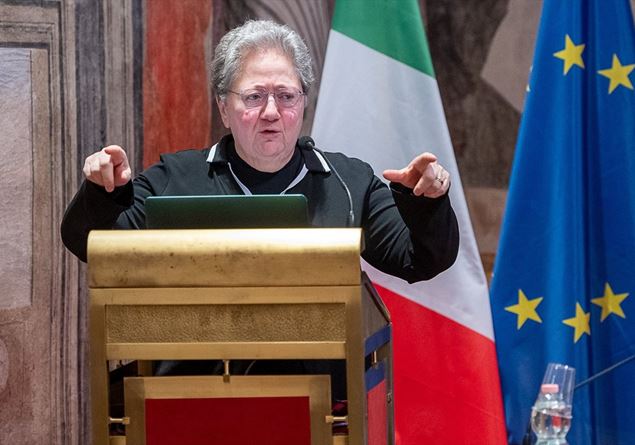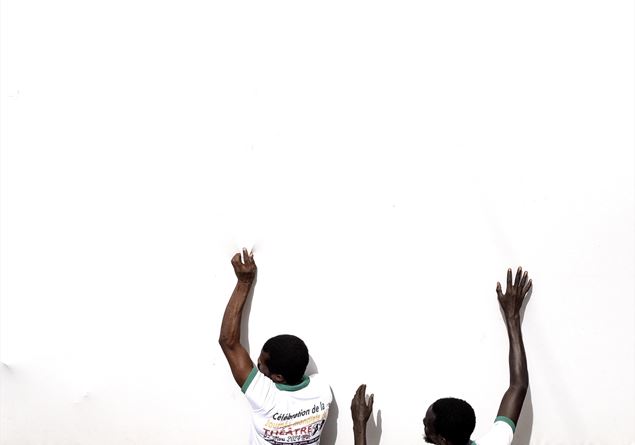«The truce between Israel and Hamas started a few hours later than the agreements and this confirms how fragile it is. Let’s hope it holds up. Here in the Holy Land, by definition, everything is fragile. Better, however, something fragile than nothing. After fifteen months of war, destruction and suffering on both sides we must move forward, encourage and support these steps with prayer.”
This is the analysis of the Custodian of the Holy Land, Frfather Francesco Patton, on the truce in Gaza which officially began at 11.15am (10.15am in Italy) on Sunday 19 January and was greeted with celebrations in the square by the local population. Patton will be in Italy between 23 and 29 January, in Rome, Naples and Perugia, to bring his testimony on the situation in the Middle East and present the book – interview Like a pilgrimage. My days in the Holy Land (TS Edizioni), written with the journalist ofRoman Observer Roberto Cetera.
Father, how did we come to an agreement?
«American pressure was decisive, both from Joe Biden and above all from Donald Trump who officially takes office as president of the United States on Monday. The agreement discussed and reached in recent days follows the proposal of eight months ago which at the time, however, Biden did not have the strength to impose, being in the election campaign and politically very weak. Trump’s intervention from this point of view was positive, his intervention actually accelerated the negotiations to reach an agreement quickly.”
What happens now?
«The next steps will have to be worked out little by little, hopefully these forty-two days of truce will hold and will also serve to define a road map for peace because we are now in a ceasefire phase. The underlying issue is that we need to arrive at a political solution to the Palestinian question otherwise in a few years we will be all over again and this is not convenient for either Israel or the Palestinians. If you don’t become aware of this, you won’t go anywhere.”
What are your fears?
«That the truce could be sabotaged by someone who plays against one side or the other. Accidents and traps can ruin agreements at any time. The only thing we can do is pray that it doesn’t happen and we continue on this path.”
The Israeli government has split. National Security Minister Itamar Ben Gvir’s far-right party, Jewish Power, announced its exit from the coalition supporting Netanyahu. What does this mean?
«It confirms what we have known for some time and that the Israeli newspapers have been saying Haaretz to The Times of Israelthey wrote with extreme frankness immediately after October 7th. In recent years and months Netanyahu has always favored Hamas with the aim of weakening the Palestinian National Authority to avoid the birth of a Palestinian state. I remember that The Times of Israel a few weeks after October 7 he wrote that Netanyahu fueled Hamas and Hamas blew up in the face of us Israelis. The policy of the Israeli right has always been that of not wanting the birth of a Palestinian state as confirmed by Ben Givr’s exit from the governing coalition. But, I repeat, the birth of a Palestinian state is the only guarantee of stable peace. One of the spokespersons for the families of the hostages, Rachel Goldberg-Polin, said that we must first of all come to understand each other’s suffering and that in this way we must come to recognize each other’s right to exist, in a or in the other, under a recognized form, that is, of a State”.
Is it possible?
«It is a duty to pursue this path which is the only one to achieve peace. The same revival of the Abrahamic Pact, which is so dear to Trump, is possible if Saudi Arabia joins. And it will only do so as long as there is a political solution to the Palestinian question.”
Immediately after the ceasefire in Gaza the population celebrated. What is the situation in the Strip?
«Gaza is a pile of rubble in the open sky, some say it would take 30 years to rebuild it. Cardinal Pizzaballa (Patriarch of Jerusalem, ed), who went several times, told me what he saw. A frightening scenario, an impressive level of destruction never seen before in the history, albeit troubled, of this land. The first thing to do now is to guarantee the civilian population the essential services that allow them to survive. I suppose that in a first phase the Gaza Strip will become an immense refugee camp of 2 million people who will live in tents and for whom it will be necessary to set up schools and field hospitals.”
Who will manage all this in an orderly manner?
«That’s the point. The Israeli army certainly won’t be able to do it, in the end it will still be Hamas that will do it if the Palestinian Authority fails to enter. For this reason I believe it is essential that the international community has a weight and capacity that is very different from the very weak ones it has had up to now. To give substance to the truce and start thinking about reconstruction, there must be an interposition body, peacekeepers who guarantee public order and offer guarantees for health and humanitarian workers. Today children play in the sand that mixes with sewage. Yesterday I met Sister Nabila, present for many months in the parish of the Holy Family in Gaza, and she told me that she wishes to return to Gaza and resume service but the conditions must be there. School has started again, but at this stage everything is very difficult and delicate.”
How are you experiencing the Jubilee?
«The theme of the Holy Year, “Pilgrims of hope”, is perfectly suited to our situation. As ordinary people of the Holy Land we not only said that hope does not disappoint but that in the context in which we are operating not only here but also in Lebanon, in Syria, in Iraq, throughout the Middle East, we must have a very resilient hope.”
What is hope today in the Holy Land?
«The fact that a truce was reached with difficulty. The fact that international flight routes are now reopening to allow pilgrims to return to visit the holy places which we hope will arrive in the coming months also on the occasion of the Jubilee. Just yesterday I made a joint appeal with Patriarch Pizzaballa for the pilgrims to return. The Christians of the Holy Land need it so that they do not feel alone and because hundreds of thousands of families live off the economic income generated by pilgrimages. Furthermore, the pilgrims themselves contribute, indirectly, to the peace process because their presence becomes an element of pressure to avoid war and not let them come anymore. Indeed, I take the opportunity of this interview to address the readers of Christian family and invite them to come to the Holy Land and not to be afraid. In a few days I will be in Italy to talk about the situation and invite the faithful to return.”
